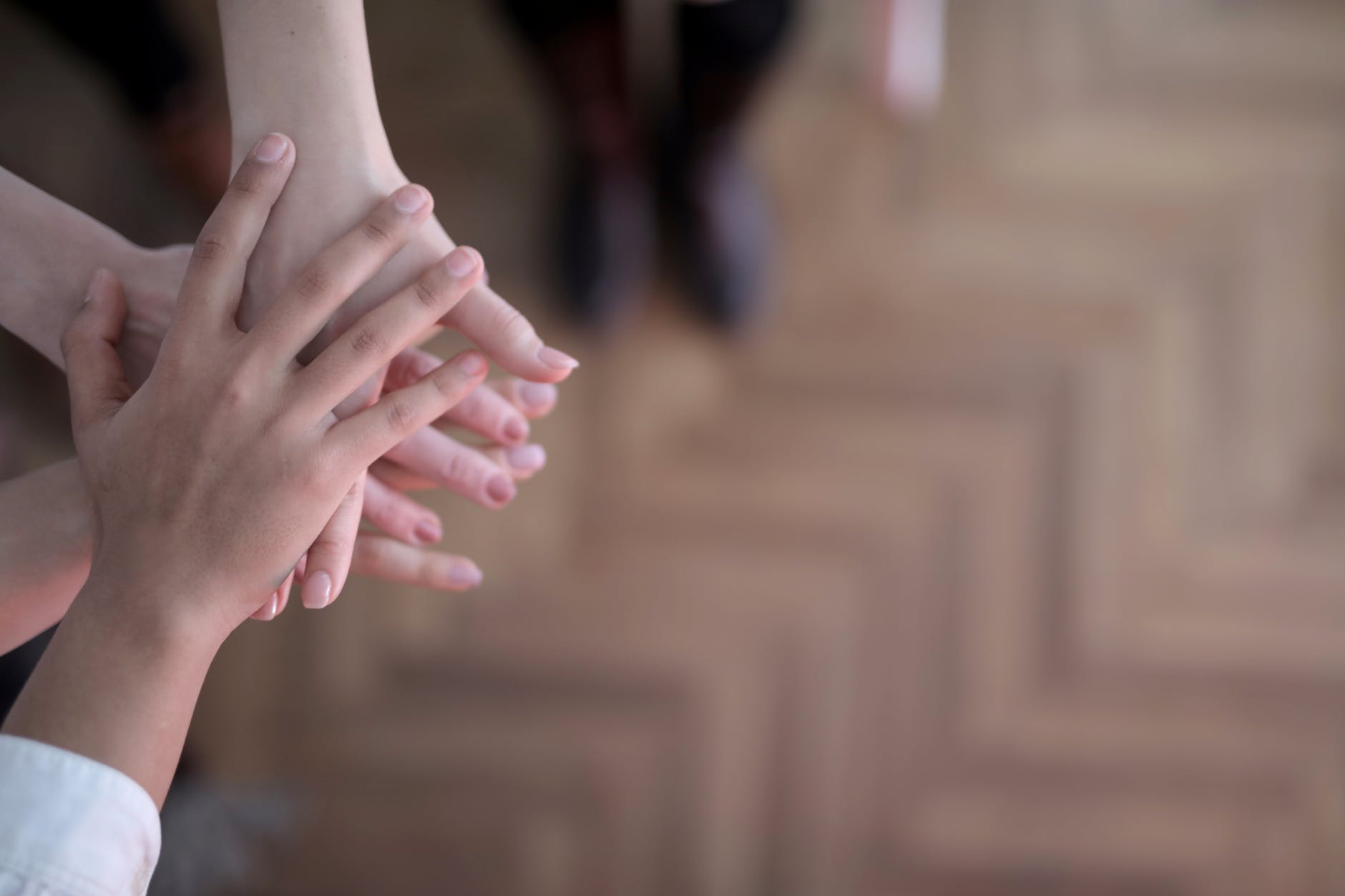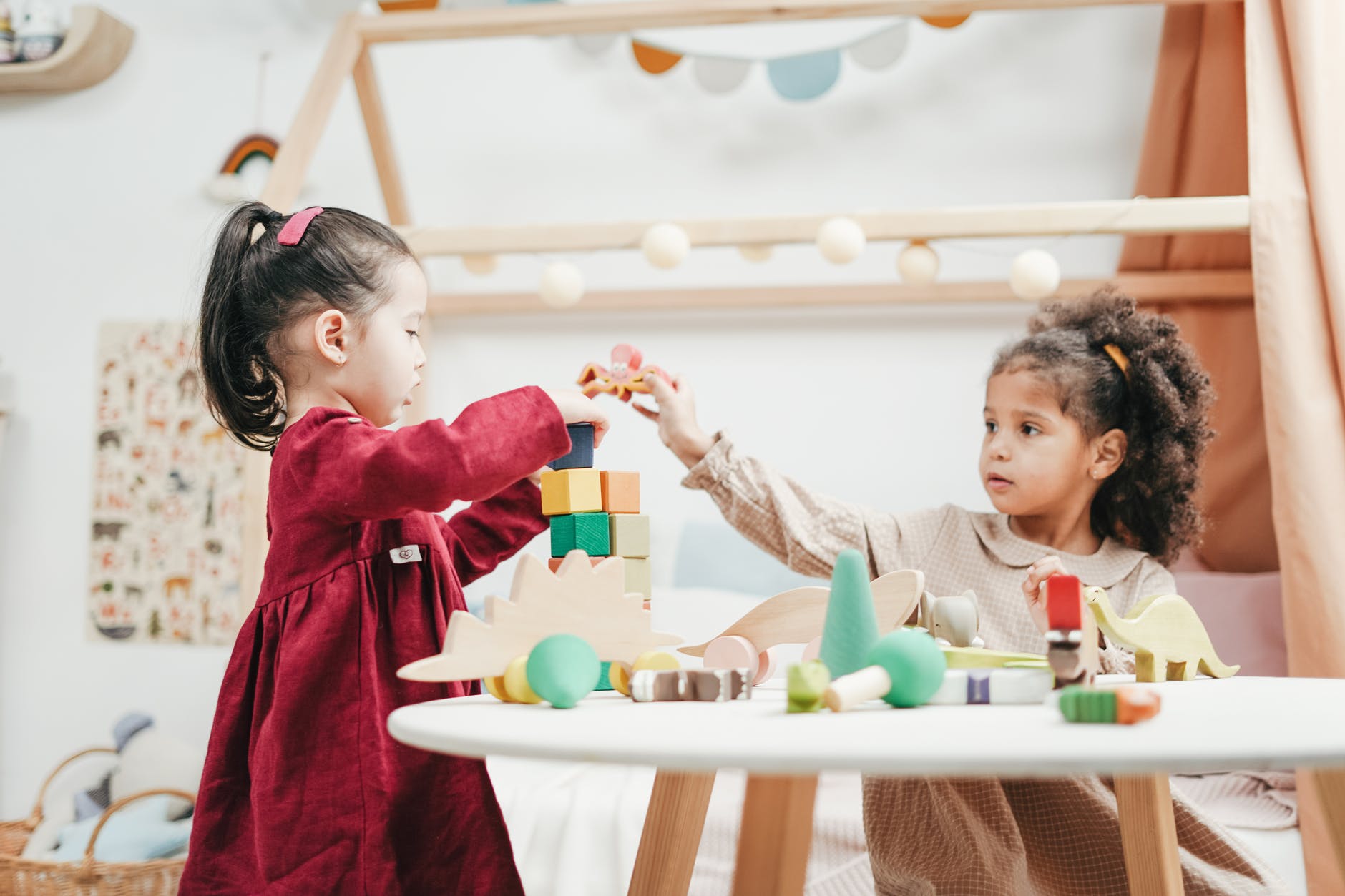I always find it fascinating to observe how young children learn to trust and relate to others, gradually expanding their social circles, and developing socially acceptable behaviour as they grow in self-identity, self-control and emotional regulation. Of course our roles as adult – parents and educators – are critical as we support the children in their efforts to make sense of themselves and their social world.

Part 2 of Module 1 – How Children Learn – in the HEI Schools Teacher Diploma (Yes, the programme is now a diploma!) takes us into Social-Emotional Development and Peer Relationships. This is perhaps an area that many of us may not have given due emphasis in our early childhood services, preferring to cover the academics instead. We all can appreciate the challenges young children face in learning to make friends, for example. And I sometimes see this same struggle within our diploma and degree students of early childhood in our college. These are the students who are awkward and uncomfortable when it comes to collaborative and cooperative work, preferring to work alone. Then we have the students whom no groups would want to include, for one reason or another. I am reminded of a remark a lecturer once made in exasperation when her class had so much difficulty to form and remain in their work groups – Do I need to teach you how to make friends?

Apparently yes, and learning how to make friends must begin in the early years. When early childhood practitioners struggle to initiate and sustain conversations, cannot practise collaboration, cooperation and compromise, do not emphathise nor show compassion, how can they be models for social and emotional skills in their centres?
The past weeks, the HEI School Study Circle that I lead at SEGi College Subang Jaya have been exploring the use of the sociometric method to follow up and support peer relationships. They worked on pedagogical documentation – using a sociogram to observe and document small group play – how children play and interact with each other. Were there bilateral interactions, for instance, or children who needed more support to be part of the group? They were also introduced to an interview template to study friendship networks in the early education settings. Questions to ask the children include who they liked to play with and who helps them the most? Were there bilateral mentions? Alarms would trigger if children did not get any mention. The focus was to ensure that children have friends, are appreciated by others, and become visible in the peer relationships by gaining necessary social skills. It is time for early childhood services in Malaysia to study the social and emotional development of our children in a a more structured manner, and to consciously make time for social and emotional learning.

We also picked up some great tips on how to develop friendship skills in early childhood. Playing pairs and playgroup lottery were interesting, as these offer the opportunity for children to have play experiences with different children. It will also be interesting to see how relationships between young children have been affected by the current covid 19 pandemic.
For more details on the HEI Schools Teacher Diploma, contact us at SEGi College Subang Jaya.